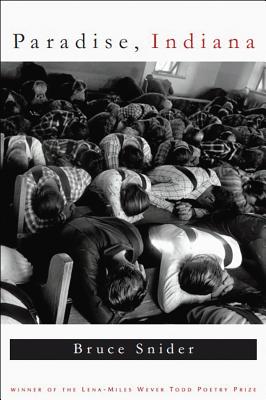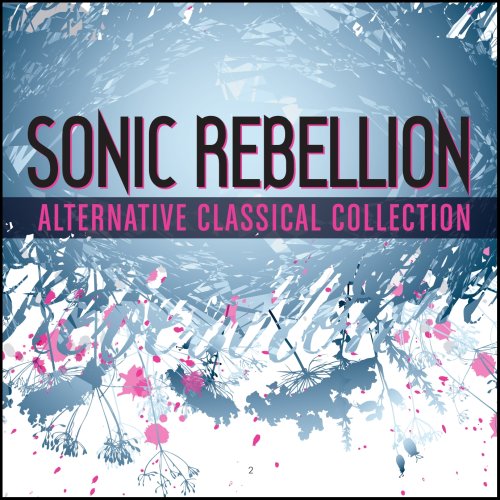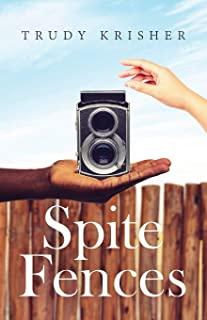
A father and son shovel snow from a driveway; a boy accidentally sets himself on fire; two boys fish for bluegill; a young drag queen returns home to die. At the center of it all, a teenage boy's suicide resonates through the lives of those closest to him. The poems in Bruce Snider's Paradise, Indiana describe a place where mundane events neighbor the most harrowing.
Shaped by the author's experiences growing up in rural Indiana, Snider investigates the landscapes traditionally claimed by male poets such as James Wright, James Dickey, and Richard Hugo, whose visions of place rarely, if ever, included the presence of gays and lesbians. Paradise, Indiana envisions a seldom recorded rural America, one where everything exists side by side: the county fair and an abandoned small town gay bar, farmers and cross-dressers, death and hope, beauty and despair.
member goods
notems store
listens & views

SONIC REBELLION: ALTERNATIVE CLASSICAL - ...
by SONIC REBELLION: ALTERNATIVE CLASSICAL - SAMPLER
COMPACT DISC$14.49






